Text & Photo: Bhargav TS
As engine downsizing along with boosting performance, improving fuel economy and keeping emissions in check increasingly gain steam in the auto industry, lightweighting seems to be at least one of the prominent answers. To manufacture lightweight components Switzerland-based machine builder Buhler Group is bringing its new ‘Lost Core’ technology to the Indian market, which is a substitute to mold-and-sand-cast components.
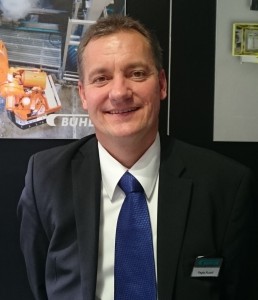 “By using Lost Core technology, we can combine multiple functions into one part,” says Rudy Pagitz, Head of Sales, Die Casting, Buhler AG. “With this technology certain parts of the component to be cast are recessed with a salt core which is then rinsed out again. This makes it possible for permanent mould-cast and sand-cast components to be replaced and at the same time the full benefits of die casting such as material savings, shorter cycle times and reduced post-processing can be realised.”
“By using Lost Core technology, we can combine multiple functions into one part,” says Rudy Pagitz, Head of Sales, Die Casting, Buhler AG. “With this technology certain parts of the component to be cast are recessed with a salt core which is then rinsed out again. This makes it possible for permanent mould-cast and sand-cast components to be replaced and at the same time the full benefits of die casting such as material savings, shorter cycle times and reduced post-processing can be realised.”
The Lost Core technology also enables the development of completely new components. The internal shaping can develop complex designs – the combination of multiple components into one single unit enables high function integration, and the increased design freedom allows for a completely new component design. The technology begins with the component design for the salt core application, followed by the mould, aluminium part and salt core concepts. The behaviour of the liquid salt and aluminium in the mould as well as the quality of the component can currently be simulated by software. This eliminates the need for subsequent costly adaptations of the mould. While creating the salt core, which determines the internal shaping, the optimal salt solution plays a crucial role in ensuring the stability of the core while simultaneously enabling its subsequent removal.
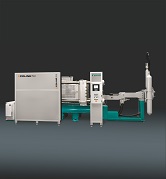 Explaining the benefits of Lost Core Pagitz said, “As engine size is reducing from 6 to 3 cylinders the engine blocks are manufactured through gravity die-casting from high pressure die-casting. The constituency of the salt used by us is unique when compared to our competitors, where it can be recycled and doesn’t have any additive in it. Moreover, by using this technology the engine block is ready to be used in the assembly and does not require further cleaning.”
Explaining the benefits of Lost Core Pagitz said, “As engine size is reducing from 6 to 3 cylinders the engine blocks are manufactured through gravity die-casting from high pressure die-casting. The constituency of the salt used by us is unique when compared to our competitors, where it can be recycled and doesn’t have any additive in it. Moreover, by using this technology the engine block is ready to be used in the assembly and does not require further cleaning.”
The salt core and the aluminum component are produced on a die-casting machine with real-time control. This prevents damage to the core during re-casting. The core is removed by pressurized water. By having necessary know-how and equipment for the successful application of Lost Core technology, Buhler is in a position to support the complete process from the initial idea to the production stage.
On the process side the body part of the car is also cast, but it has not really kicked off in India, says Pagitz. “Structural parts are big in size and it is very difficult to ship it, therefore we expect the Indian OEMs to use castings to make structural parts very soon. We already have this technology in our kitty and we are sure we can support the local die casters on how to cast structural parts. Therefore, we see a great opportunity in the Indian market.”
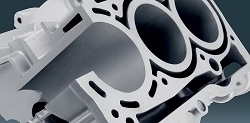 Thin-walled structural components are one step towards reduction of CO2 in automobiles. By reducing the weight of the vehicle body, the driving performance can be achieved with a smaller (lighter) drivetrain and suspension system. Structural components undergo significant mechanical stress and they absorb the impact force during a crash to protect the vehicle’s occupants. The safety of die-cast parts is assured through advanced die-casting techniques. An additional challenge is the complex structure of the components. The design freedom offered by high pressure die-casting gives automobile engineers the flexibility to integrate features to reduce process costs during assembly, says a company official.
Thin-walled structural components are one step towards reduction of CO2 in automobiles. By reducing the weight of the vehicle body, the driving performance can be achieved with a smaller (lighter) drivetrain and suspension system. Structural components undergo significant mechanical stress and they absorb the impact force during a crash to protect the vehicle’s occupants. The safety of die-cast parts is assured through advanced die-casting techniques. An additional challenge is the complex structure of the components. The design freedom offered by high pressure die-casting gives automobile engineers the flexibility to integrate features to reduce process costs during assembly, says a company official.
The company is a specialist in die-casting technology for various light-metal alloys. Customised and effective solutions are provided for aluminium and magnesium. Production plants using technology that has been refined over decades with in-depth knowledge of process structures in die-casting form the foundation for efficient production of the most demanding and complex components. Buhler provides optimised casting cells and aligned process controls, and gives advice on die design and the selection of metal alloys. The company also supports its customers in all phases of a project – from planning to start-up and beyond. This allows for fast and reliable completion of extensive projects.
Buhler is a specialist and technology partner for plant, equipment and services for processing basic foods and for manufacturing advanced materials. operates in over 140 countries and recorded a turnover of around CHF (Swiss Franc) 2322 million in fiscal 2013.




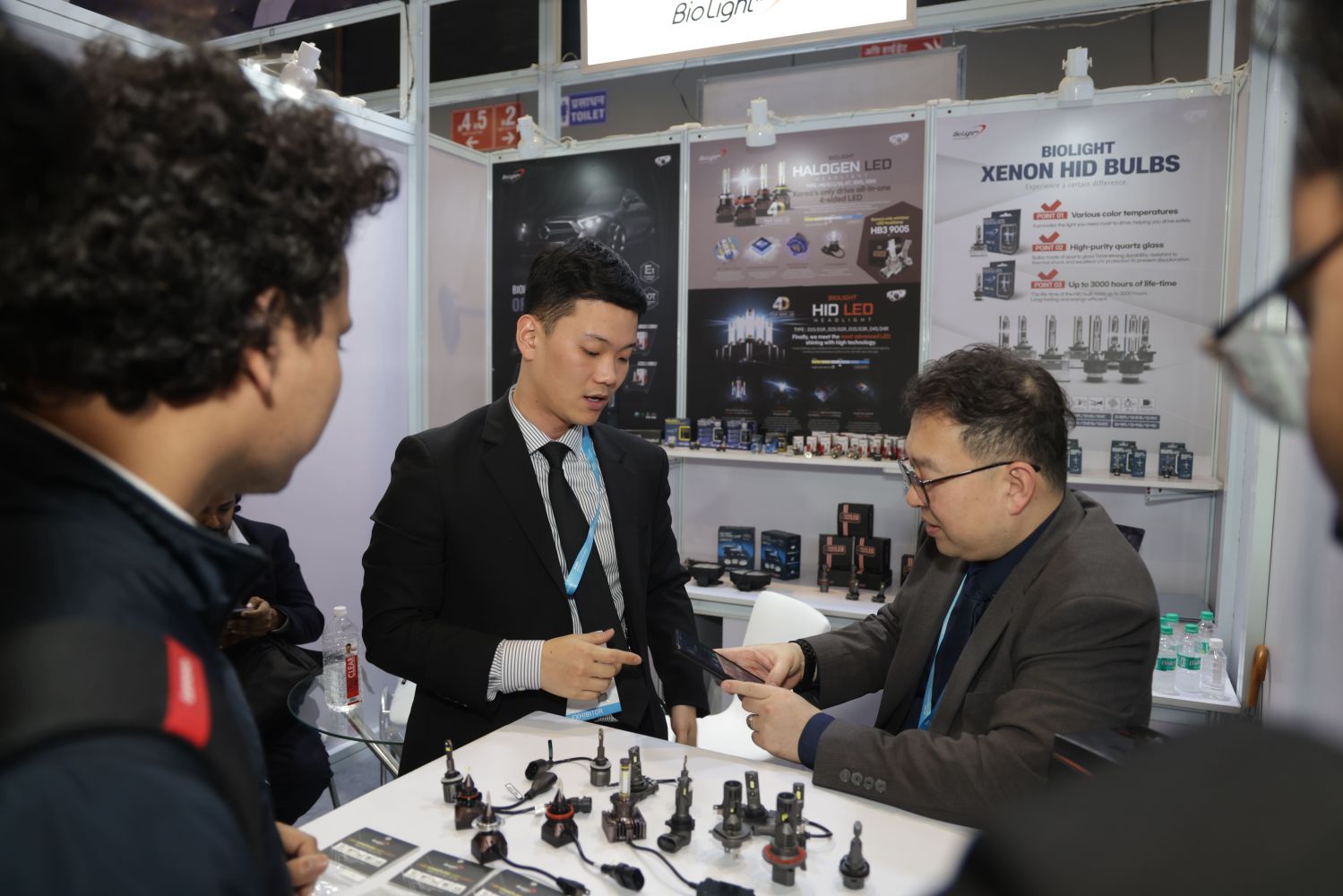
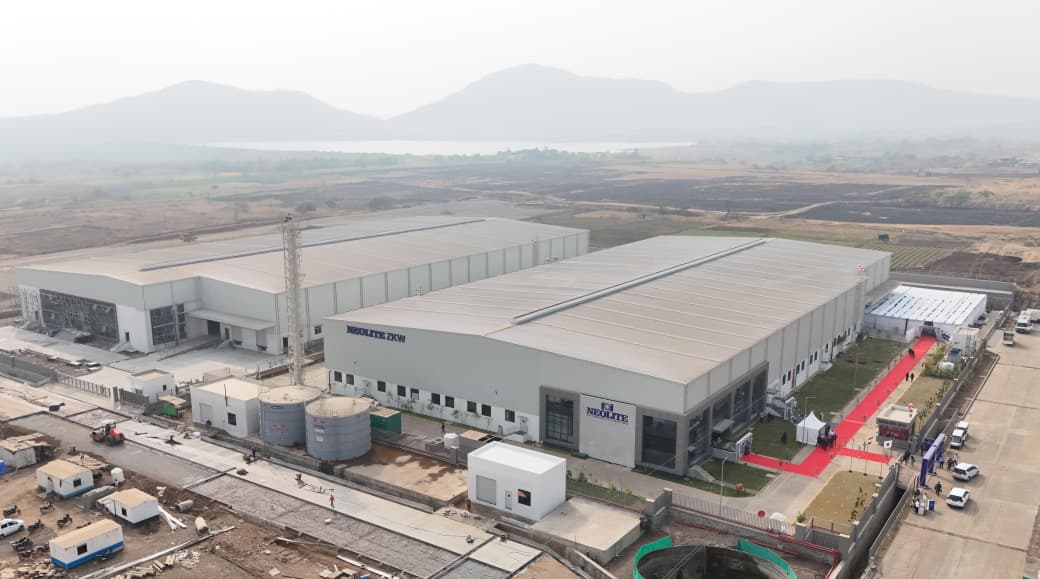
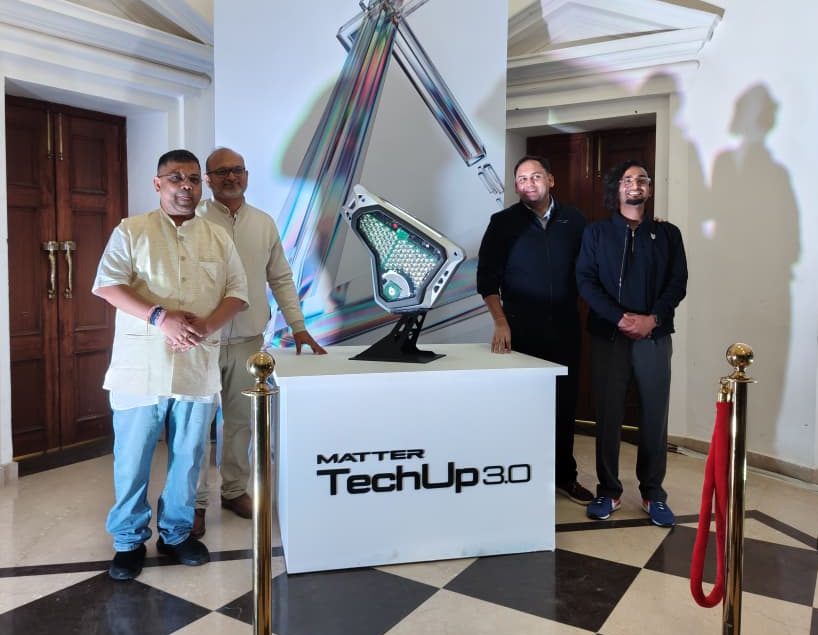
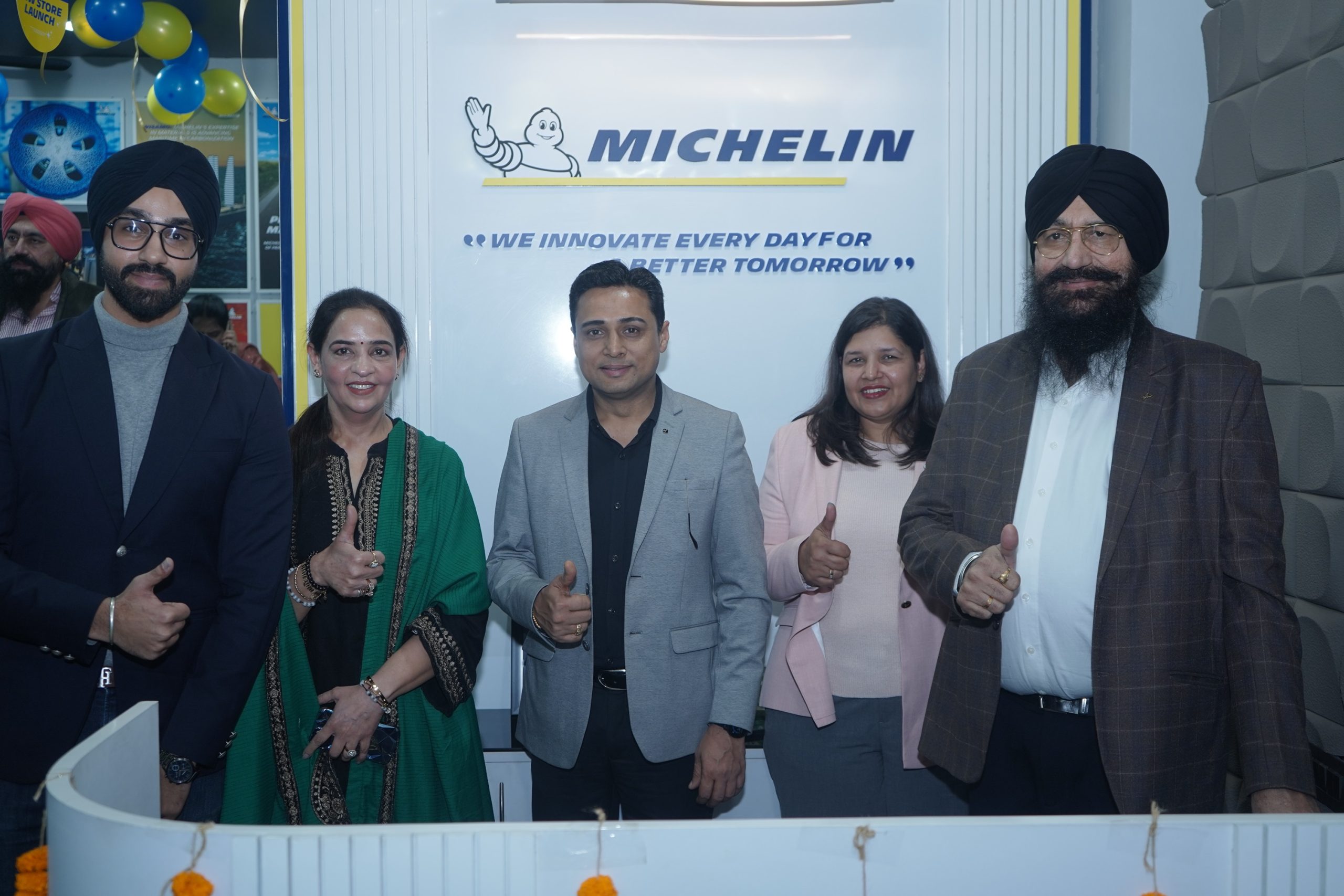
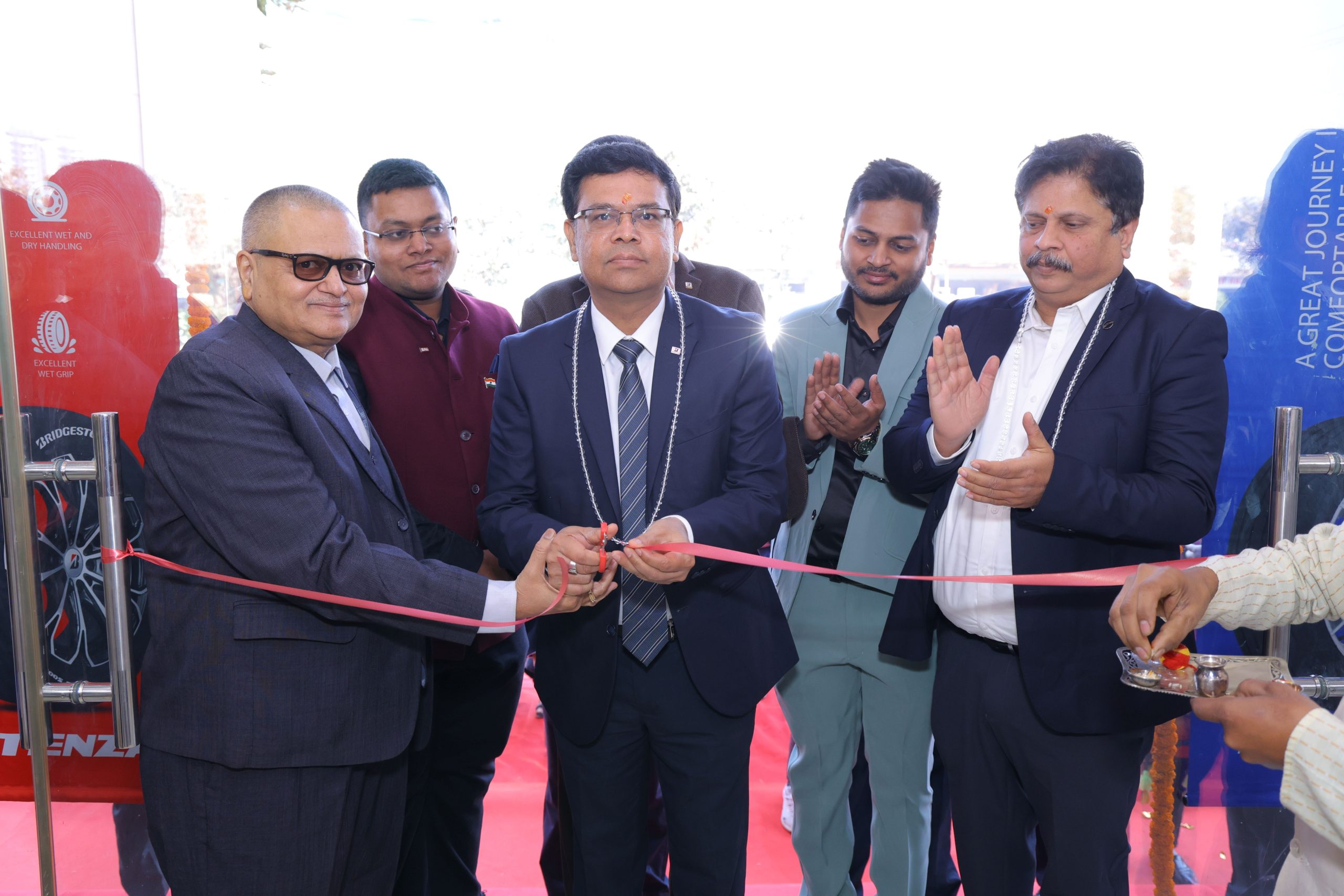



Leave a Reply